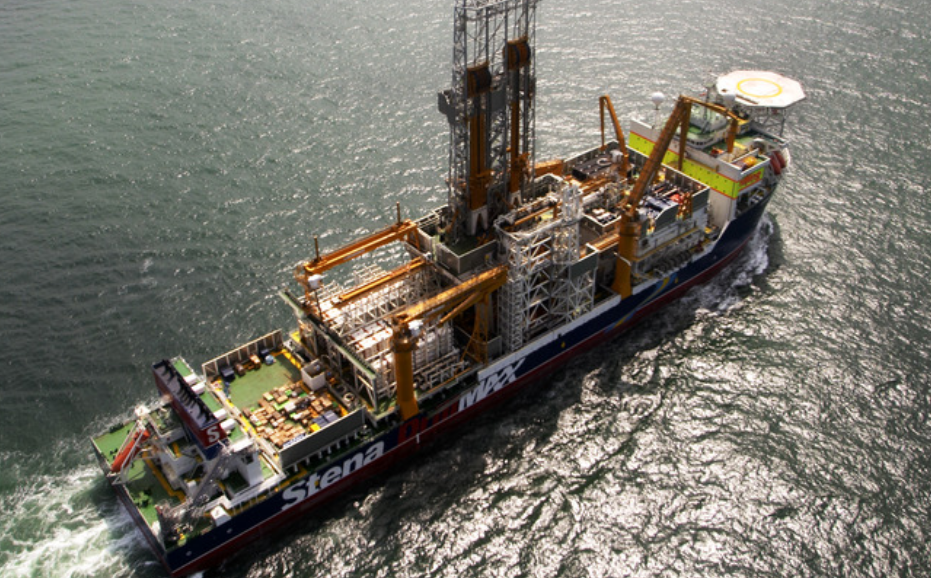
Ghana has set out a proposal on how to develop potential cross-border resources with its neighbour, Cote d’Ivoire.
The two West African states had earlier fallen out on the offshore areas, taking the dispute to the International Tribunal for the Law of the Sea (ITLOS). In 2017, a ruling found largely in favour of Ghana. Since then, relations have improved.
The two countries have signed off on the agreed maritime border, a communique from the two governments said.
The draft framework covers the exploration and exploitation of hydrocarbons, the government’s statement said. Ghana’s senior minister Yaw Osafo-Maafo led a delegation to Abidjan on the implementation of the ITLOS ruling. This was the third such outing following the tribunal’s decision.
Cote d’Ivoire’s mediator, Adam Toungara, and Osafo-Maafo signed the communique on the agreement. Toungara has previously served as the Ivorian minister of energy.
Toungara commented that while ITLOS had drawn the dots on the map to mark the border, it was a decision by the two countries about how they should be joined that brought this discussion to a close.
Cote d’Ivoire had put forward a framework in May 2018. More discussions are to be held during the next meeting between the two sides, which will be held in Accra.
The two countries also agreed to carry out a feasibility study on the construction of a thermal power plant on their shared border. This would be supplied with gas from both Ghana and Cote d’Ivoire.
Cote d’Ivoire President Alassane Ouattara visited Ghana following the ITLOS ruling, in October 2017, holding talks with Ghanaian President Nana Akufo-Addo. At this point, the two presidents made various commitments on working together and on the implementation of the border ruling. This would be driven by a joint committee for the implementation of the ITLOS decision.
The ITLOS case had the effect of bringing work off western Ghana to a halt. The tribunal ordered that no new drilling could be carried out in the area under debate while the border was undecided. Following the ruling, work has bounced back. Tullow Oil pressed ahead with ramping up its TEN project, while AMNI Petroleum has restarted plans in the Central Tano block with the aim of drilling a first exploration well by the end of the year.
